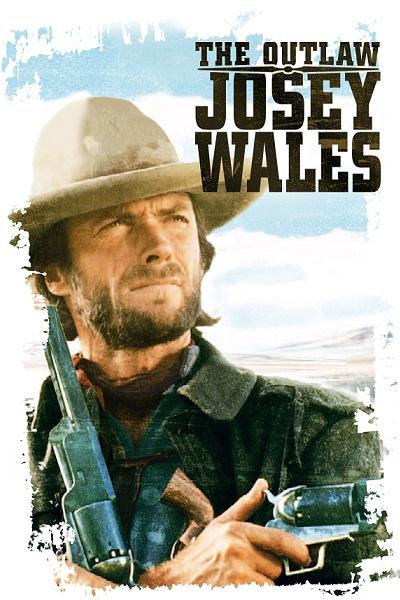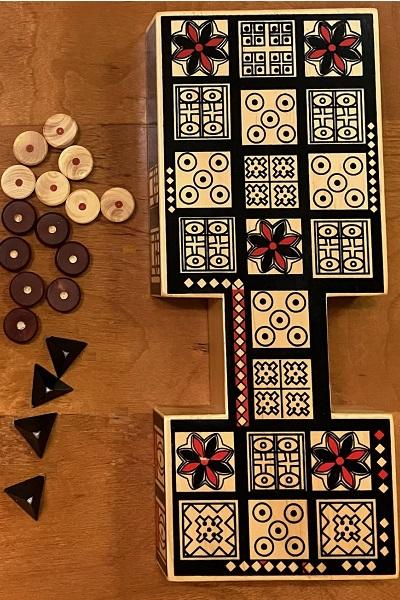
In the 70s, Hollywood started to produce a different kind of Western, one that attempted to show a more historically authentic picture of people and events on the American frontier. An outgrowth of the social and political changes of the 1960s, these movies sharply departed from the older cliches of "good guys in white hats" or the Native peoples depicted as either mindlessly violent or "properly" subservient and, of course, the cavalry riding into the rescue. Some classic Westerns also referenced the "Lost Cause" view of the defeated Confederacy. But the Westerns of the 70s sought to show the conflicts as more complex, the white people as not always the "good guys," and the native peoples not as the violent, dangerous "savages," but more 3-dimensional characters, often intelligent, thoughtful individuals trying to cope with the onslaught of an alien, more technologically advanced civilization displacing them.
Released in the mid-70s, The Outlaw Josey Wales stars Clint Eastwood as a Civil War partisan who first fights then evades the winners who write the history. With excellent dialog and characters, the film avoids the typical cliches of the Western genre, taking us into complex and challenging moral gray areas without hitting the audience over the head with simplistic answers. The symmetry of the movie's structure gives a kind of "framing" to the story. The film does include the Civil War and its aftermath. This addition has resulted in criticism that the movie is somewhat "pro-Confederacy." But the main character's story arc shows that different motivations existed to fight for the South without presenting another installment of the "lost cause" narrative. We do not need to replace one overly simplistic and inaccurate interpretation with another.
It also stars Sondra Locke and Chief Dan George.



